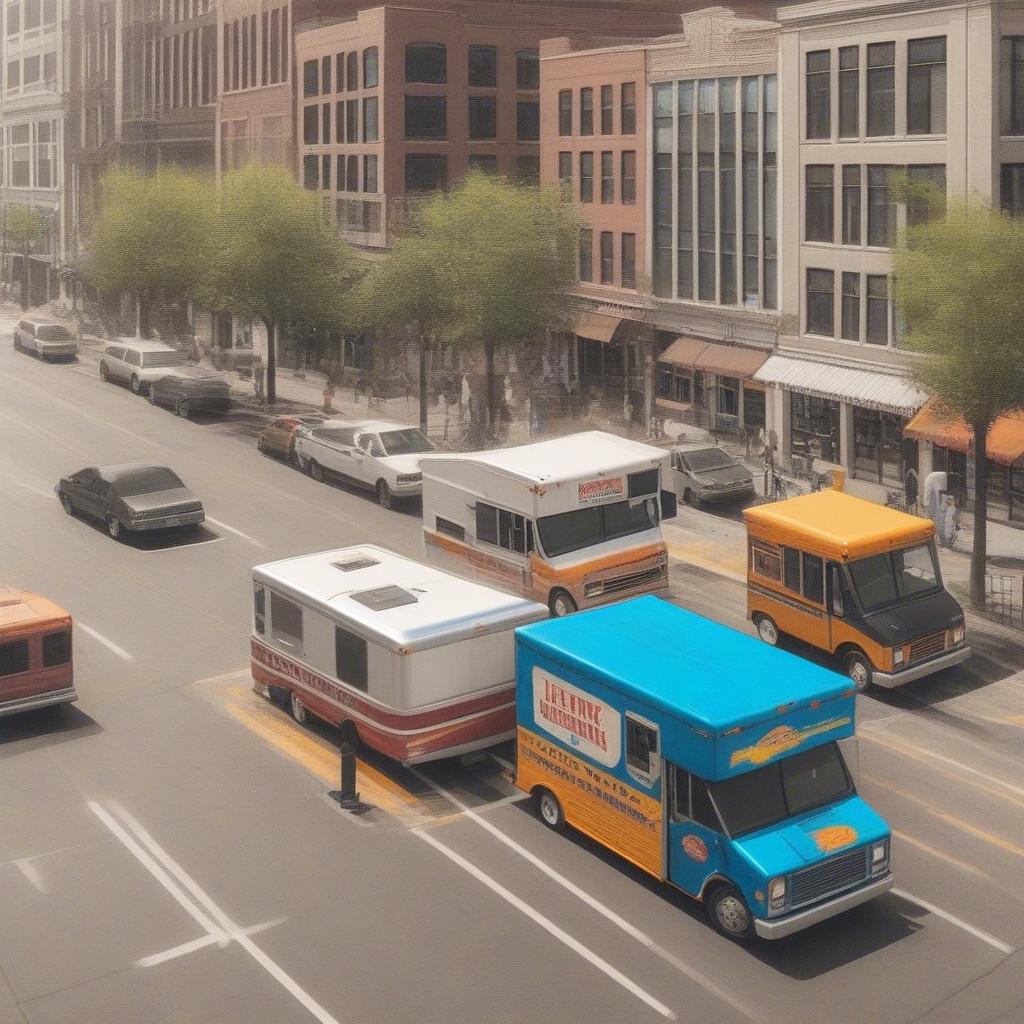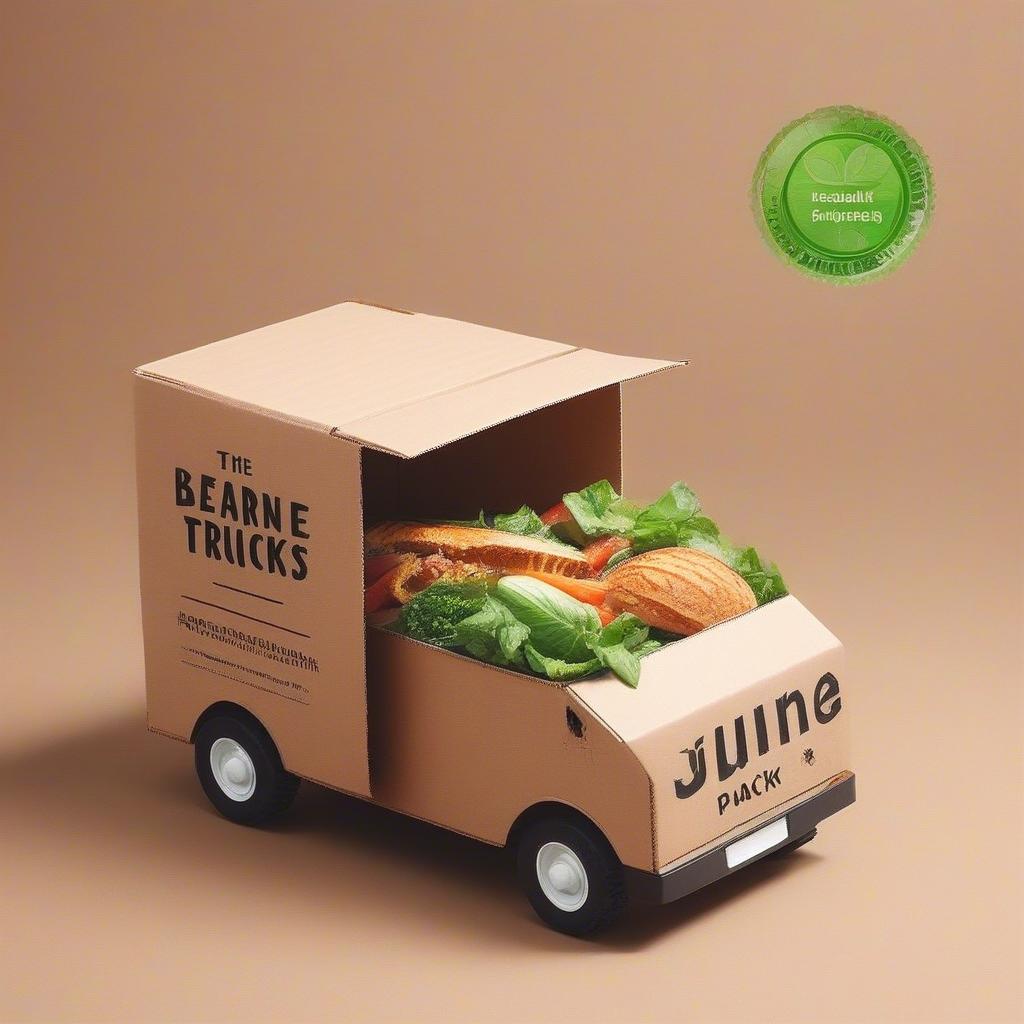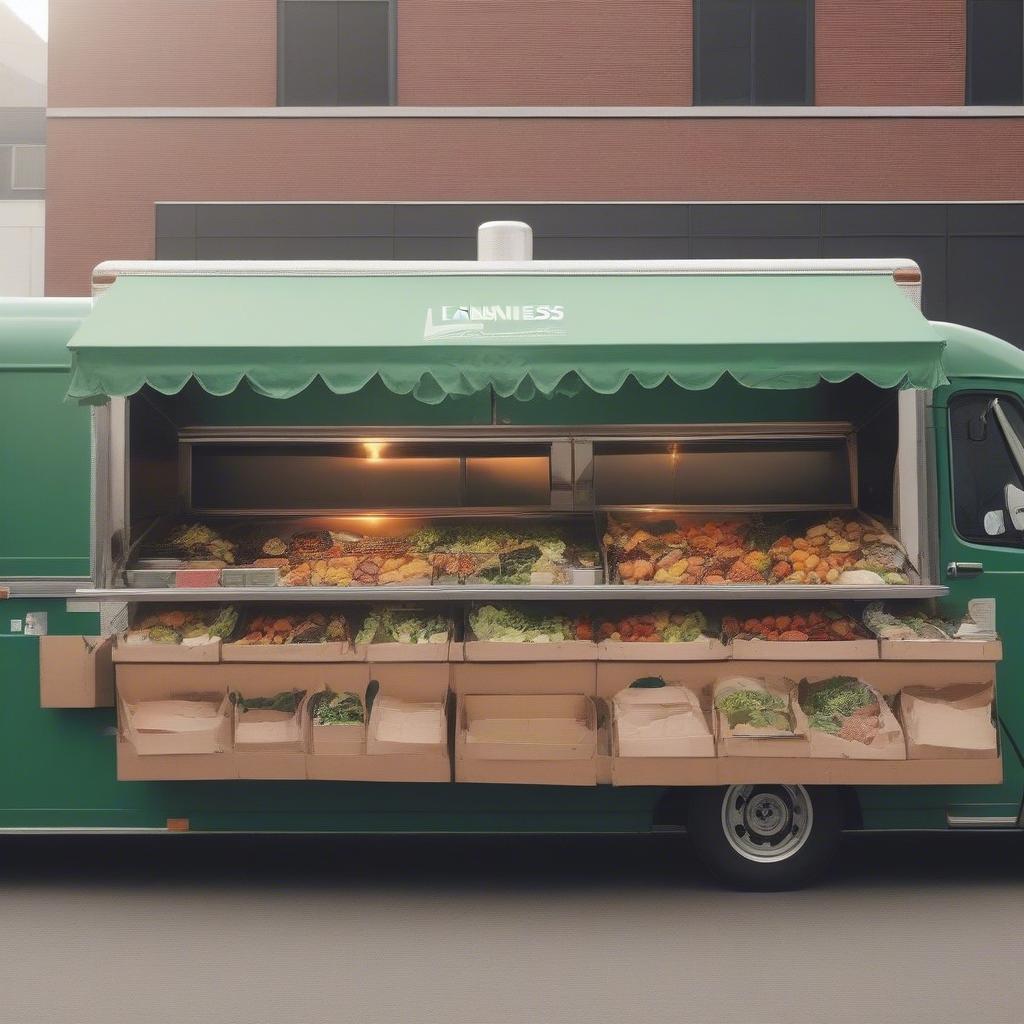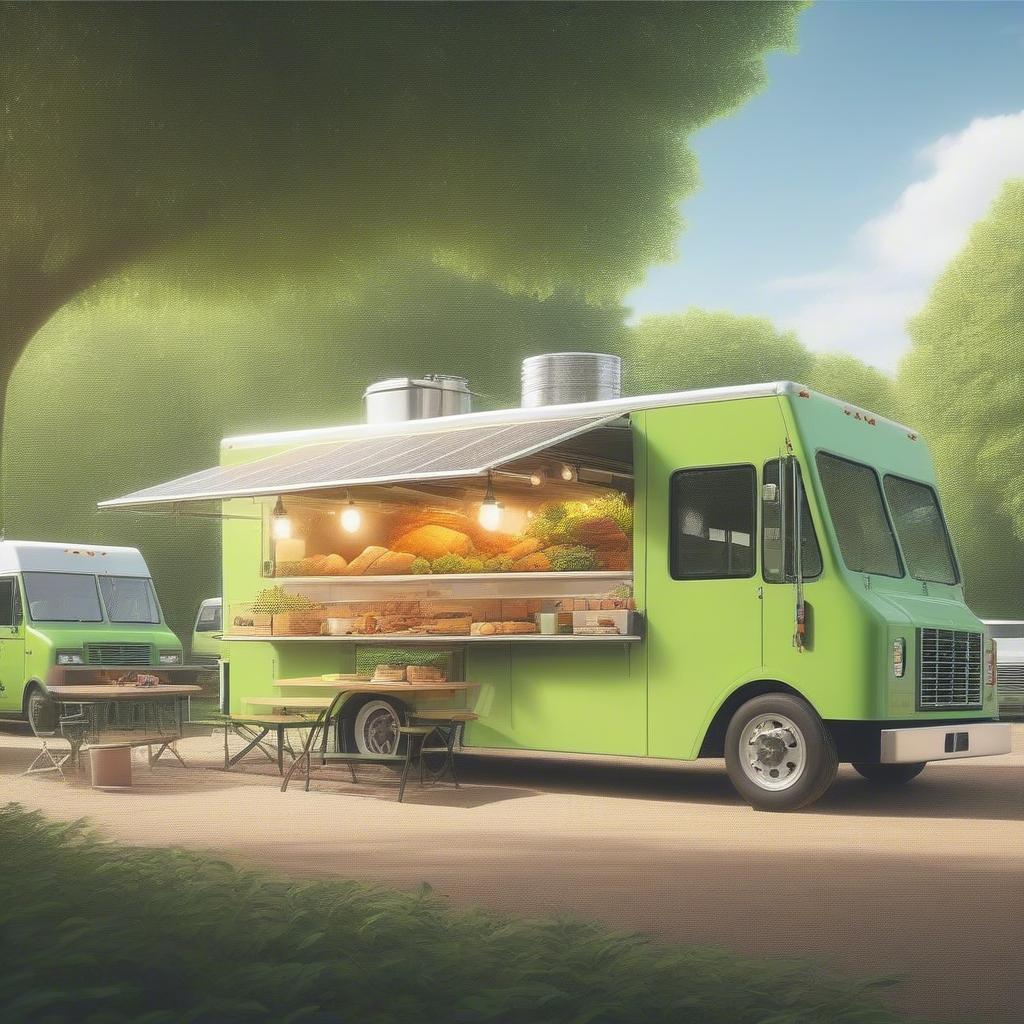
The Delicious Dilemma: Navigating the Labyrinth of Food Truck Rules
Ah, the alluring aroma of sizzling street food! The vibrant energy of a mobile kitchen on wheels. But before you can serve up your culinary creations to eager customers, there’s a crucial hurdle to overcome: understanding the often-confusing world of zoning laws and parking permits for your food truck. These food truck rules aren’t just bureaucratic hurdles; they’re the gatekeepers to your success. They determine where, when, and how you can operate your mobile eatery. So, let’s break it all down in a way that’s as easy to digest as your best-selling taco.
Why Do Zoning Laws and Parking Permits Matter for Your Food Truck?
Imagine setting up shop on a quiet residential street, only to be met with complaints from neighbors. Or worse, receiving a hefty fine for operating in an unauthorized zone. This is where the importance of zoning laws and parking permits comes into play. These regulations aren’t designed to stifle your entrepreneurial spirit; they are in place to ensure:
- Public Safety: Zoning laws often dictate where food trucks can operate to minimize traffic congestion and maintain pedestrian safety.
- Fair Competition: Regulations ensure that food trucks don’t unfairly compete with established brick-and-mortar restaurants, protecting the local business ecosystem.
- Community Harmony: Clear rules help prevent conflicts between food truck operators, residents, and other businesses.
- Environmental Protection: Some areas might have specific restrictions on noise levels, waste disposal, or generator use.
Ignoring these regulations can lead to fines, legal battles, and ultimately, a major setback for your food truck dream. Understanding and abiding by food truck rules, specifically those about zoning laws and parking permits, is essential for long-term success.
Decoding Zoning Laws: What Are They, Exactly?
Zoning laws are essentially a set of local government rules that dictate how land can be used. They divide a city or region into different zones, each with its own permitted uses. These zones might include:
- Residential Zones: Primarily for housing, usually restricting commercial activity.
- Commercial Zones: Designed for retail and service businesses, often where food trucks are allowed.
- Industrial Zones: Usually for manufacturing and warehousing, often not suitable for food trucks.
- Mixed-Use Zones: Allow a combination of residential and commercial activities.
How Do Zoning Laws Affect Food Truck Operations?
Your food truck’s permissible locations are directly determined by zoning laws. Each zone may have specific stipulations regarding:
- Permitted Uses: Which types of businesses are allowed (e.g., mobile food vendors).
- Setbacks: How far your truck needs to be from buildings, streets, and property lines.
- Operating Hours: Time restrictions on when you can operate.
- Maximum Stay: How long you can remain in a specific spot.
- Proximity to Other Businesses: Some zones restrict you from being too close to established restaurants.
These food truck rules vary widely between municipalities, making research and understanding a vital step for all food truck owners.
Example: Navigating Different Zoning Scenarios
Let’s imagine two food truck operators, both selling amazing tacos:
- Operator A: Sets up on a residential street without a permit. They are quickly asked to move and may face penalties for violating zoning laws.
- Operator B: Researches local zoning laws and finds a designated commercial zone with a specific parking area for mobile vendors. They obtain the required permit and operate without issues.
Operator B is set up for success because they followed the food truck rules and understood the complexities of zoning laws.
Parking Permits: Your Golden Ticket to Legitimate Operations
A parking permit, in the context of food trucks, is an official document that allows you to park and operate in a specific location. It’s your permission slip to do business without running afoul of local regulations.
Why You Need a Parking Permit
Think of a parking permit as your license to operate in a designated area. It shows that you are a legitimate business following the rules and regulations of the municipality you’re working within.
Without a permit, you’re essentially operating illegally. This means potential fines, legal trouble, and the possibility of being shut down. The costs of operating without the proper food truck rules far outweigh the time and effort it takes to obtain the correct permits.
Types of Parking Permits
The types of parking permits available for food trucks can differ greatly depending on your location. Common permits include:
- Specific Location Permit: Allows you to park in a designated spot, often a metered space or dedicated food truck area.
- Special Event Permit: Permits you to operate at specific events like festivals or markets.
- Private Property Permit: Allows you to operate on private property with the owner’s consent.
- Mobile Vending Permit: A broader permit allowing for movement within specific areas, while sometimes limiting the time spent in any one location.
Obtaining a Parking Permit: A Step-by-Step Guide
The process of obtaining a parking permit can seem daunting, but here’s a general step-by-step guide:
- Research Local Regulations: Contact your city or county’s planning or business licensing department. Start with the area’s website, if possible, looking specifically for “food truck permits” or “mobile vendor permits,” to fully understand the food truck rules in your area.
- Determine Permit Requirements: Identify the specific types of permits you need, and the requirements for each. This might include information on your vehicle, food handling certification, business license, and other legal requirements, specific to your business model.
- Complete the Application: Fill out the application forms accurately.
- Provide Supporting Documentation: Gather the necessary documents, such as proof of insurance, food handler’s permits, business registration, and a detailed route plan, if necessary.
- Pay Required Fees: Prepare to pay the fees associated with the permit application and permit itself.
- Submit Your Application: Submit your application to the correct department and wait for processing.
- Comply with Inspection Requirements: Be prepared for inspections to ensure that your vehicle and operations meet local health and safety codes.
- Receive Your Permit: If your application is approved, you will receive your parking permit, which is necessary to operate your food truck legally.
- Renew Your Permit: Most permits need to be renewed periodically, so make sure you stay on top of renewal dates to avoid interruptions in your operation.
Practical Tips for Securing Your Permits
- Start Early: Don’t wait until the last minute to start the permit process. It can take weeks or even months to get all the necessary paperwork in order.
- Be Organized: Keep all your documents in order, including copies of receipts, forms, and contact information.
- Ask Questions: Don’t be afraid to ask the local authorities for clarification on rules or requirements. They are there to assist.
- Seek Professional Help: If you’re struggling with the process, consider consulting with a business lawyer or permitting specialist, especially if you’re dealing with complicated regulations.
- Network with Other Food Truck Owners: Connect with other food truck owners in your area. They can provide valuable insights and advice about local food truck rules.
Common Pitfalls and How to Avoid Them
Navigating the intricacies of zoning laws and parking permits can be challenging. Here are some common mistakes to avoid:
- Ignoring Local Regulations: This is the biggest mistake, and it can lead to hefty fines, legal troubles, or even the shutdown of your food truck.
- Assuming All Zones Are Equal: Don’t assume that just because you can operate in one zone, you can operate in another. Zoning laws can be very specific, so always double-check.
- Failing to Renew Permits: Expired permits can lead to serious issues, so always renew them in a timely manner.
- Not Staying Updated: Regulations can change, so be sure to stay informed of any updates that might affect your business.
- Not Being Honest in Your Application: Always fill out applications truthfully and accurately. False information can result in your permit being denied or revoked.
- Parking Illegally: Even if you have a permit, parking outside of the designated areas is a violation of the food truck rules. Always follow the specific parking instructions.
How to Use the Rules to Your Advantage
While adhering to food truck rules might seem like a limitation, you can actually use them to your advantage. Here are some strategies:
- Strategic Location Selection: By understanding zoning laws, you can identify high-traffic, permissible locations that align with your target audience.
- Special Event Partnerships: Many events, such as festivals and farmers markets, have designated areas for food trucks, and securing a spot at one of these will get your business in front of a large group of people.
- Private Property Agreements: Partnering with private property owners can provide a stable location, offering a consistent customer base, that may be hard to secure otherwise.
- Community Engagement: By operating in accordance with zoning laws and parking permits, you show respect for the community and build goodwill with local residents.
- Professionalism: Having all the necessary permits demonstrates that you are a serious and legitimate business, boosting your reputation with customers, suppliers, and others.
Beyond the Basics: Advanced Considerations
As your food truck business grows, you may need to consider more advanced topics, such as:
- Interstate Travel: Understanding and complying with food truck rules across state lines can be complicated, and it’s wise to always research any areas before operating.
- Health Department Regulations: Food safety is paramount. Complying with health department standards and certifications is essential.
- Waste Management: Food trucks must have proper procedures in place for the disposal of waste and grease.
- Accessibility: Ensuring your truck is accessible to people with disabilities may be required.
Learn Business: Your Partner in Navigating the Business Landscape
Navigating the complexities of zoning laws, parking permits, and other food truck rules can feel overwhelming. That’s where Learn Business comes in. We understand the unique challenges faced by entrepreneurs, especially those in the mobile food industry.
How Learn Business Can Help Your Food Truck:
- Tailored Guidance: We offer expert guidance, specifically tailored to your needs, helping you understand and comply with local food truck rules.
- Essential Templates: We provide customizable templates for business plans, permit applications, operating procedures, and more to help streamline the administrative part of your business.
- Business Plans Designed for Success: We offer business plan templates designed specifically for food trucks, helping you map out a clear path to success.
- Expert Advice: Access expert advice from industry professionals, helping you make informed decisions.
- Community Support: Connect with other entrepreneurs to share advice and resources.
- Simplified Processes: We make complex business processes easy to understand, so you can focus on your passion for cooking and serving delicious food.
Learn Business is your partner, helping you navigate the administrative maze, so you can focus on your passion. We provide you the tools and knowledge you need to succeed in the competitive food truck industry.
Conclusion: Mastering the Rules for a Flourishing Food Truck
Operating a successful food truck business requires not only culinary talent but also a thorough understanding of zoning laws, parking permits, and other food truck rules. These regulations are not obstacles but rather, the foundation upon which you build a compliant and thriving business. By taking the time to research, understand, and adhere to these regulations, you’ll avoid unnecessary fines and legal troubles.
Remember to start the permitting process early, be organized, and seek assistance when needed. By doing so, you’ll set yourself up for success, allowing you to share your delicious food with your community. With the right information, the proper parking permits, and a full understanding of zoning laws you’re on your way to a thriving food truck business. And remember, Learn Business is here to support you every step of the way. Now, go out there, serve up your culinary masterpieces, and make the world a more delicious place, one stop at a time.



Leave a Reply